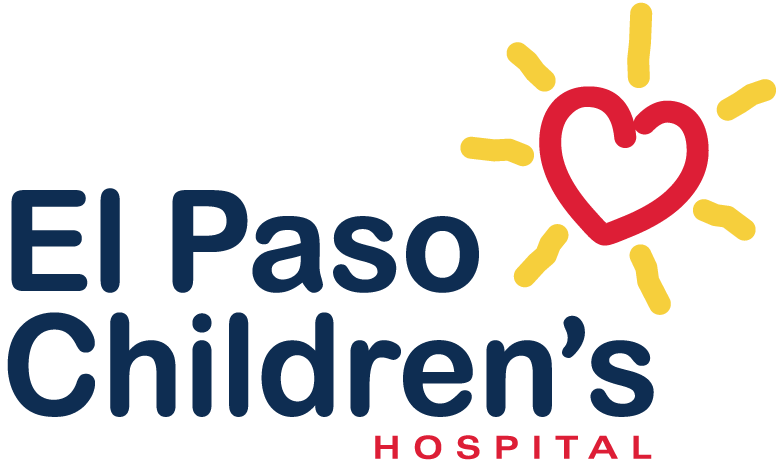Prematurity, the NICU and Mother’s Own Milk
In the United States, more than 1 in 10 babies are born premature.
Micro-preemies are babies born less than 1250g (2.7 pounds)
Micro-preemies are at risk for Necrotizing Enterocolitis (NEC), which can damages intestinal tissue, causes distended abdomen and infection, low blood pressure and shock and threatens infants’ lives.
Human milk has been scientifically proven to protect against NEC and lower NEC rates compared to infants who are fed formula. Human milk has evolved over time to nourish and protect infants who have underdeveloped immune systems. It contains biologically active proteins that can fight infection, provide immunity, and directly inhibit pathogenic microbial translocation and growth. Human milk even contains its own “good” bacteria that are believed to be helpful to the infant’s digestive tract and well-being.
For medically fragile babies, human milk is like medicine. Human milk – especially mother’s own milk – is critical to a baby’s healthy growth and development.
However, there are many reasons why some mothers may not be able to provide enough breast milk for their infants, so many NICUs (include El Paso Children’s Hospital) use pasteurized donor milk instead of formula for this group of premature infants. But, there are some things that can be done by mothers to increase their milk supply such as:
1. Avoiding certain things known to reduce milk supply
a. Smoking
b. Caffeine
c. Birth control pills and injections
d. Decongestants, antihistamines
e. Severe weight loss diets
f. Sage or peppermint (excessive amounts)
2. Pumping or hand expressing within the first few hours of birth. Mothers that pump or hand
express within 4 hours after birth have twice as much milk supply as mothers who wait to pump.
A lactation specialist can assist you after delivery.
3. You can pump at the bedside of your baby, seeing your baby when you pump can help stimulate
your milk production. When you cannot be in the NICU, you can see your baby with the NICView
cameras that are available at the EPCH NICU while you pump at home
4. Pump about 8x/day for about 15 minutes each time.
5. Use a hospital grade breast pump when you pump. It is the only type that is designed to start
your milk supply when you are not breastfeeding yet.
6. Use a bi-lateral pump kit, there are special bras available for this purpose. This stimulates
your milk supply better than pumping each breast individually.
7. Massage your breast while pumping as this can make a tremendous difference in how much milk
you obtain while pumping.
8. When your baby is 14 days old, you should be able to pump 500 ml (8 oz of MOM) in a 24 time
period. If you are not able to pump that volume of MOM, let the lactation educator know so she
can help you.
You can obtain more information about successful breastfeeding from https://med.stanford.edu/newborns/professional-education/breastfeeding.html
The decision to breast or formula feed remains your individual choice. However, only you can supply the baby with mother’s own milk. And any amount is helpful for your preemie.
Written by:
Sadhana Chheda MD FAAP
Assistant Professor for Texas Tech University Health Sciences Center El Paso
Neonatologist for El Paso Children’s Hospital
And
Amanda Timmerman MS, RD, CSP, CNSC, LD
Manager Clinical Nutrition & Pediatric Diabetes Education




